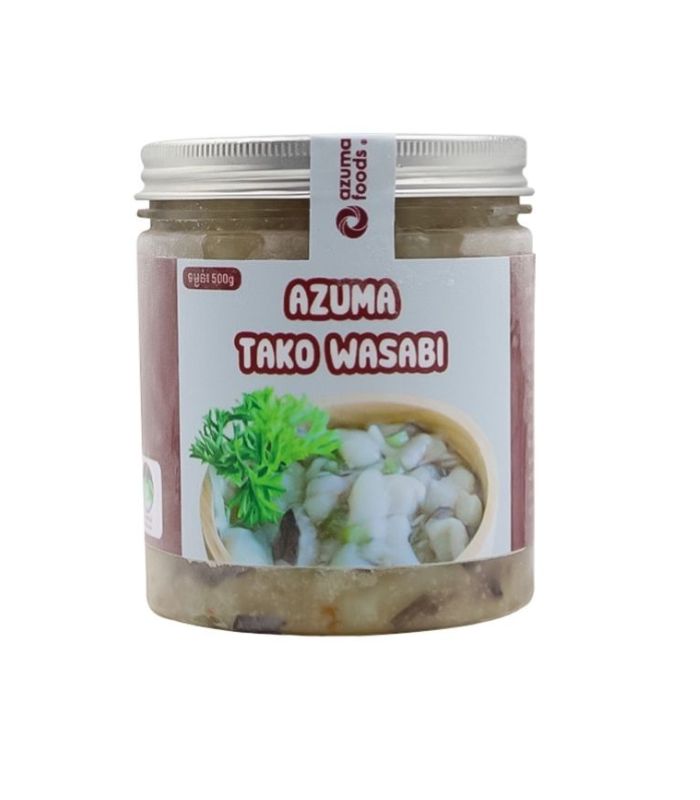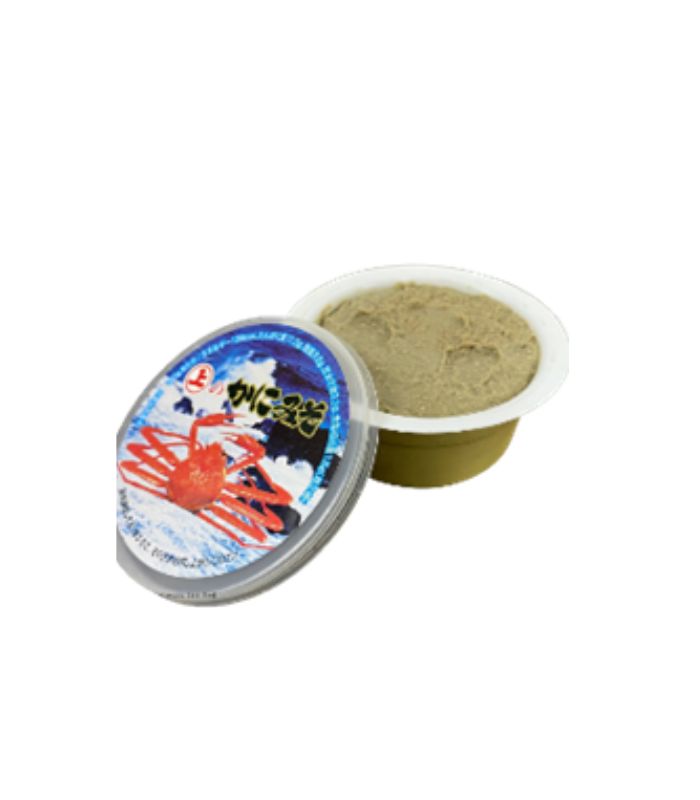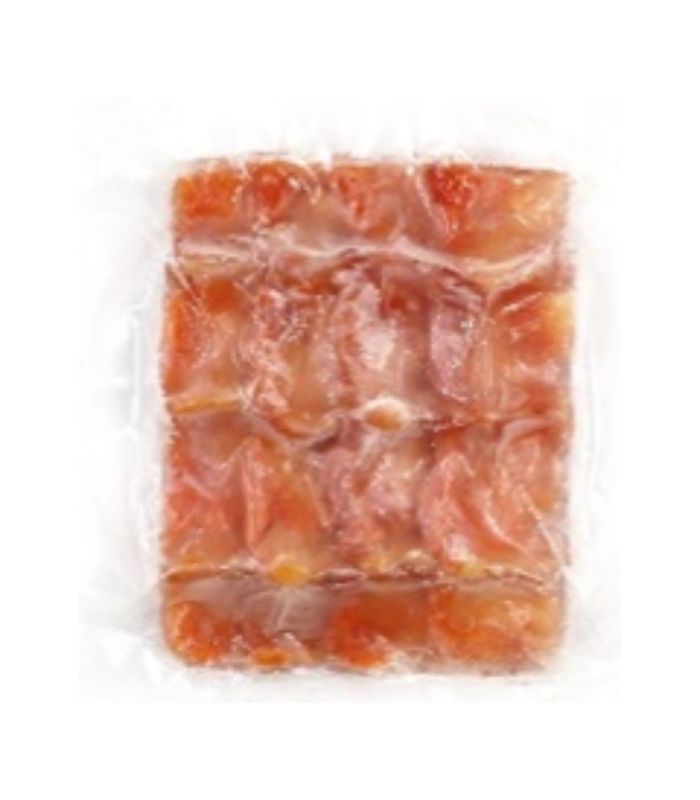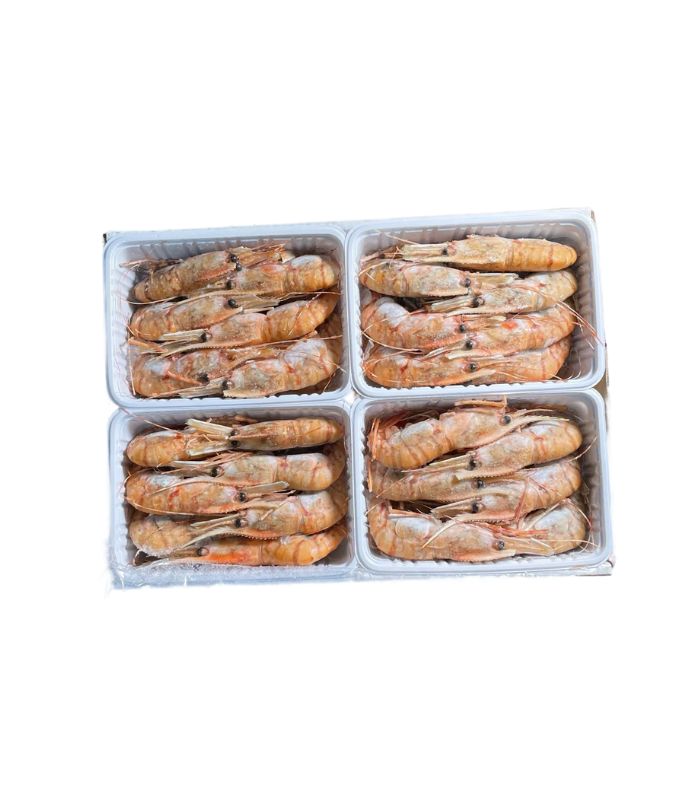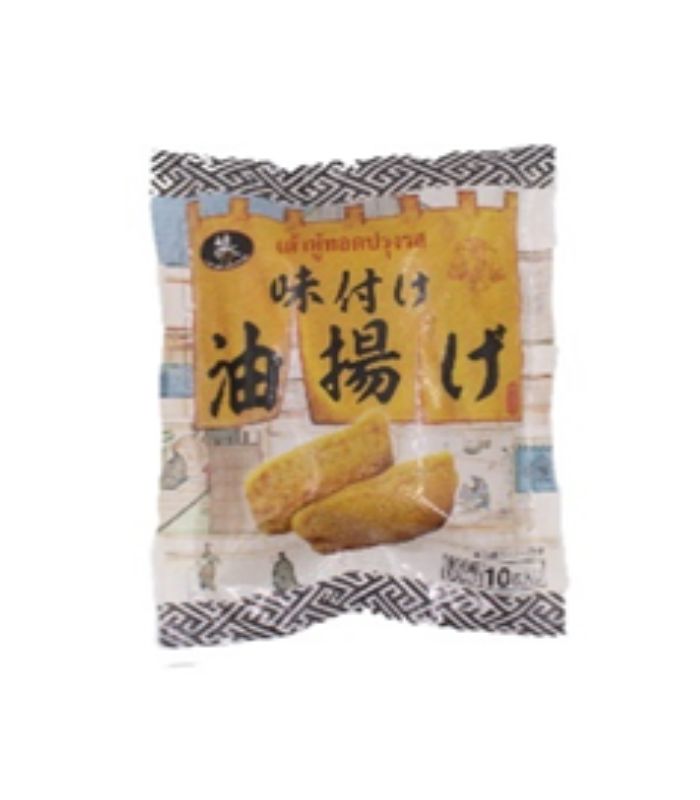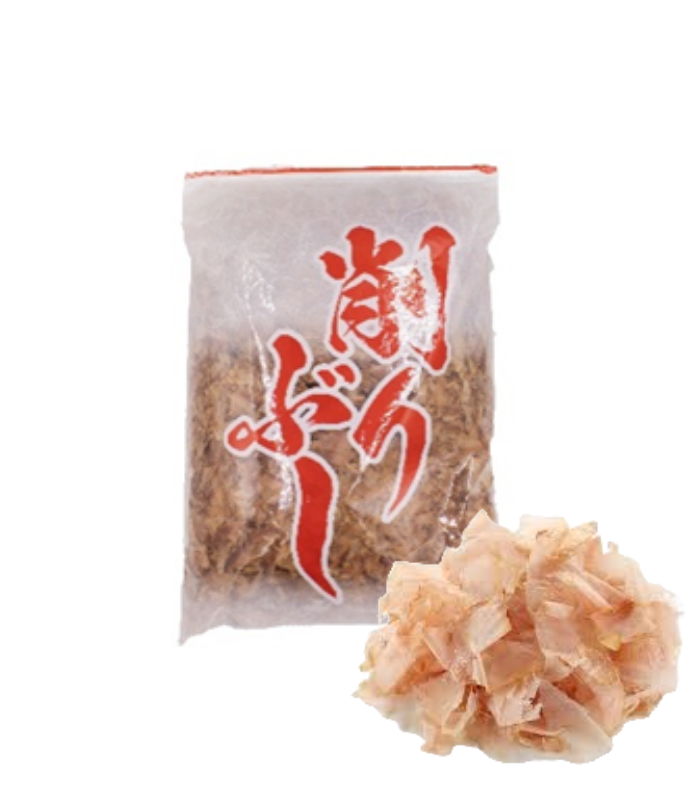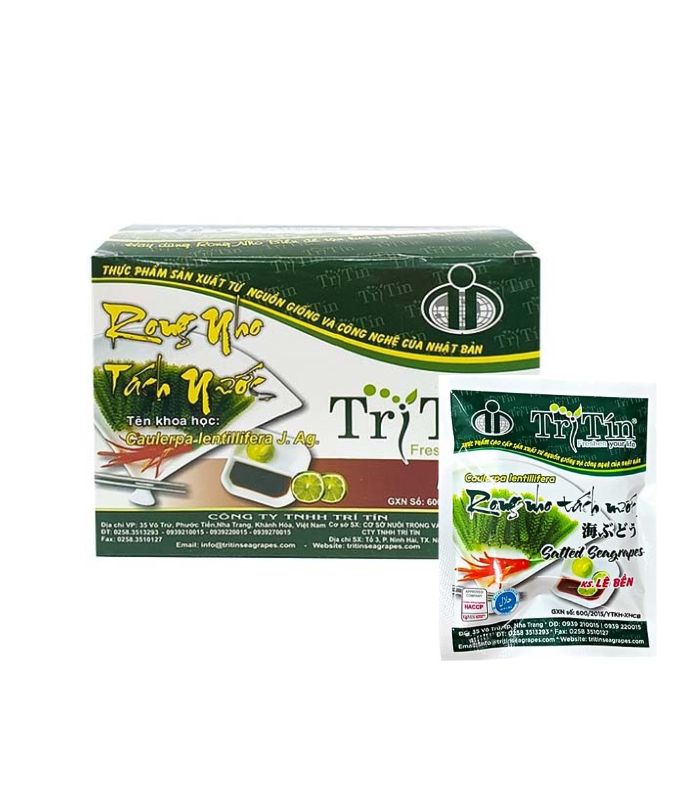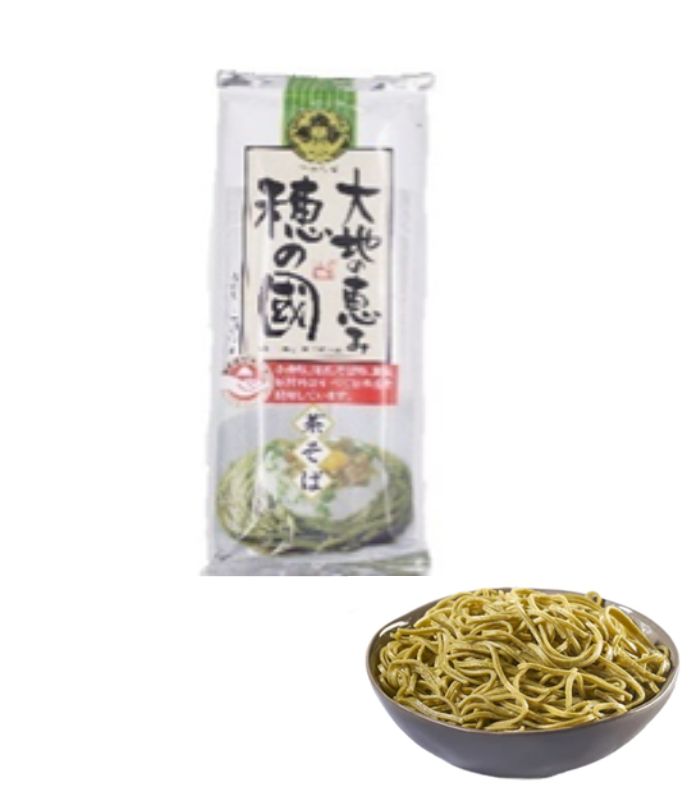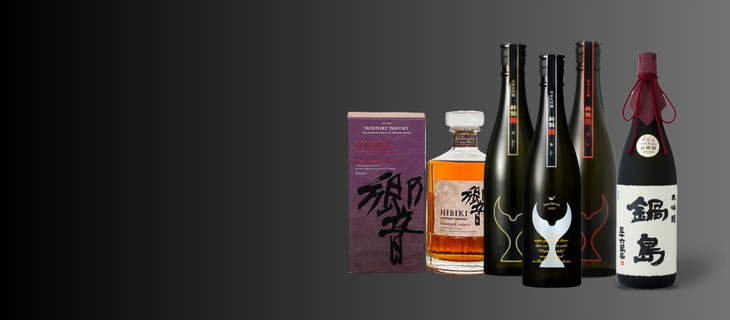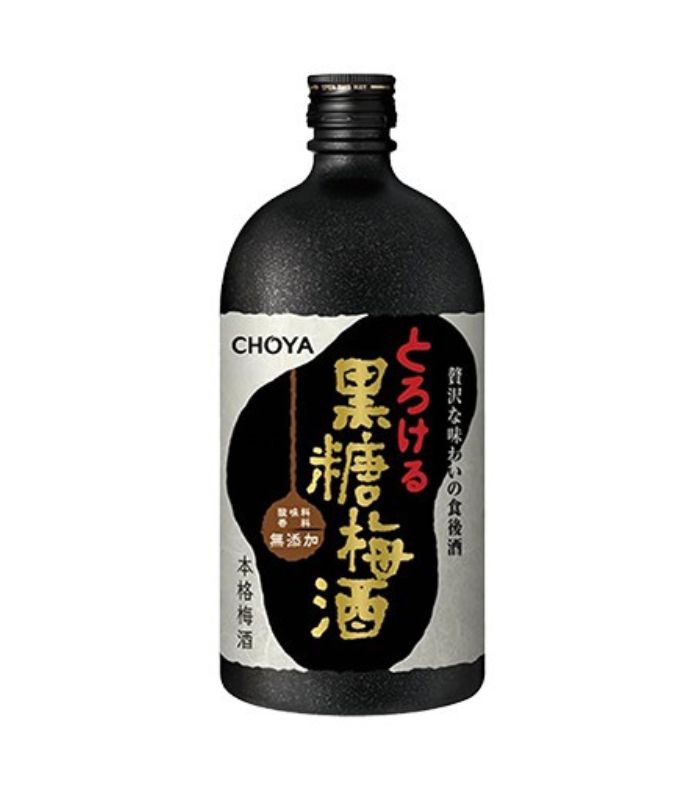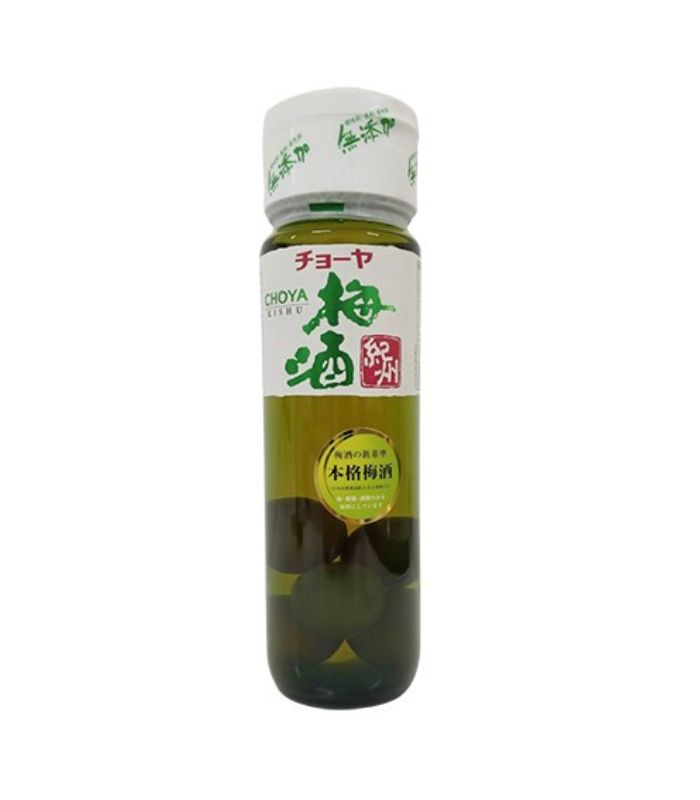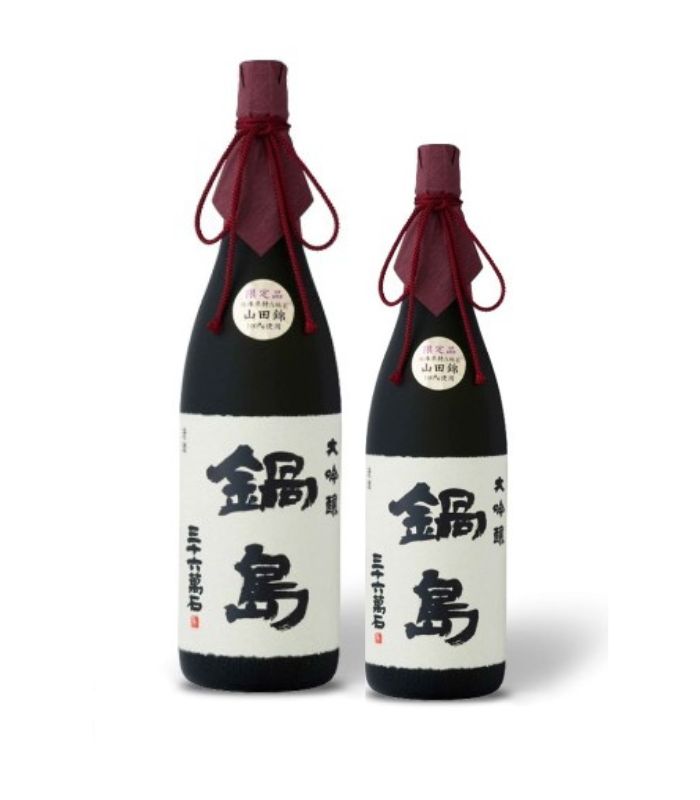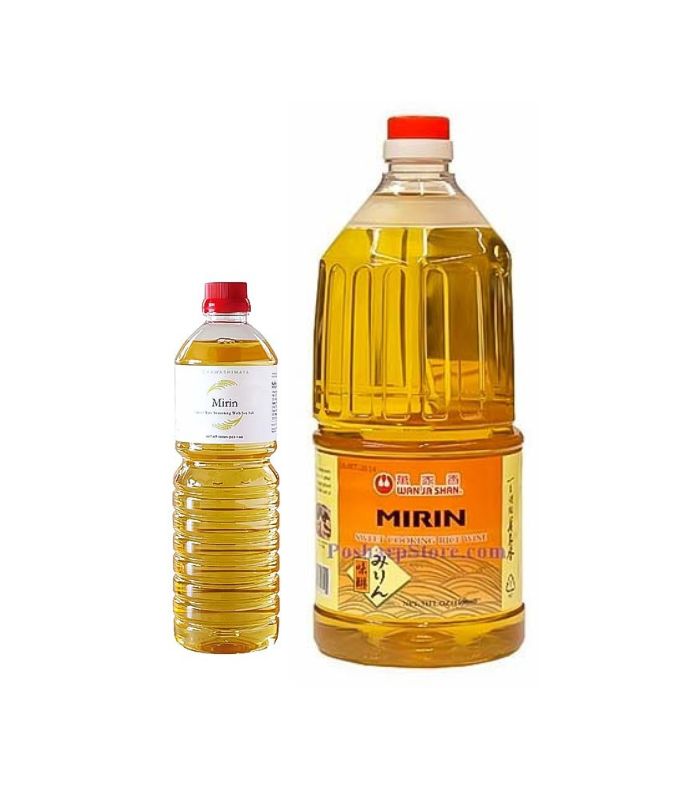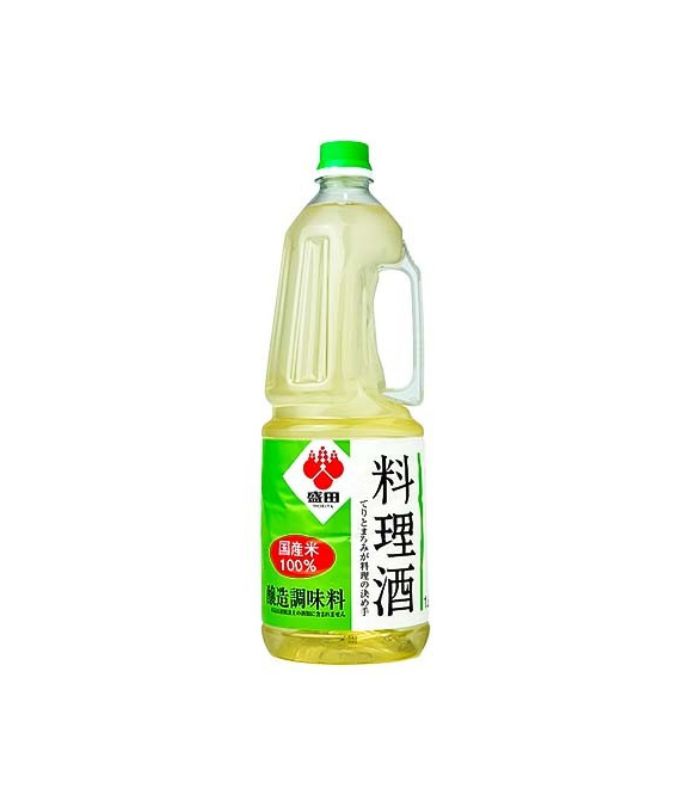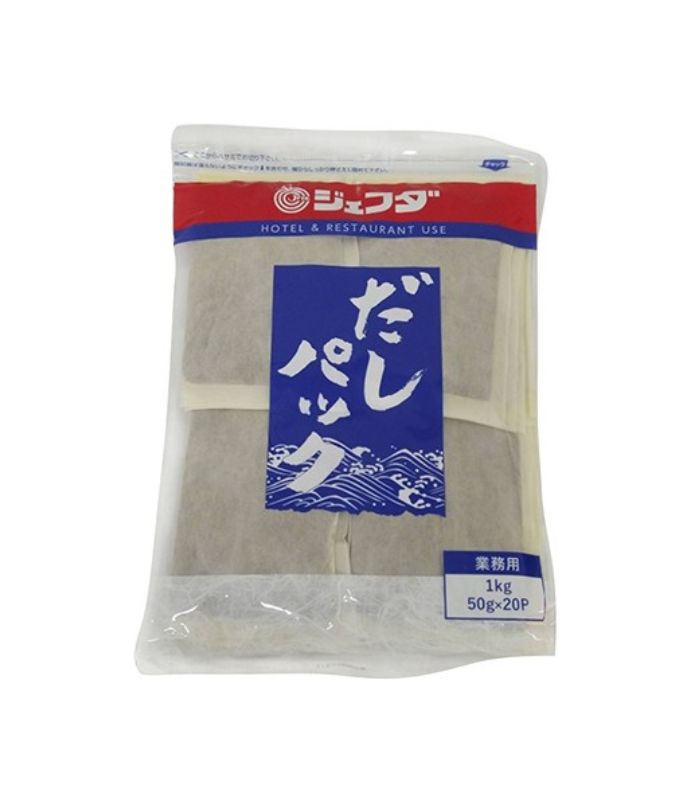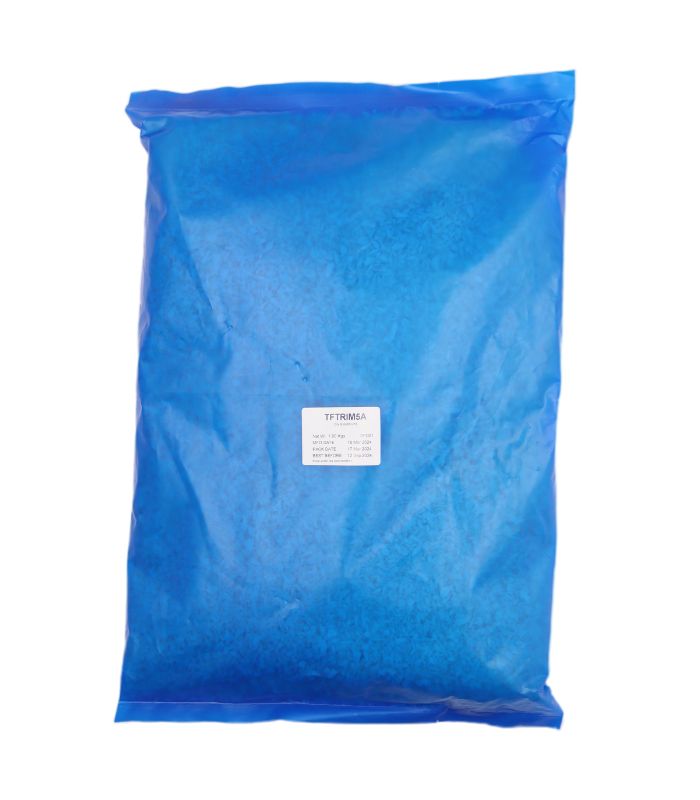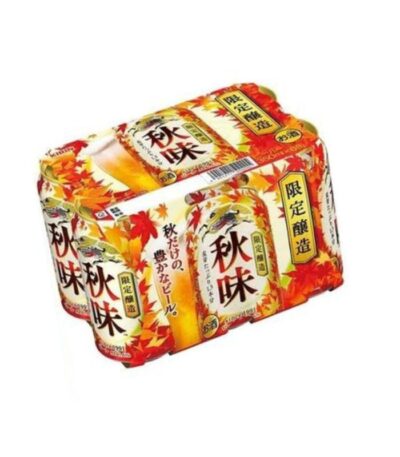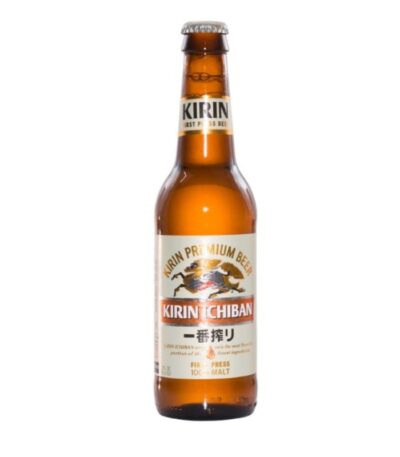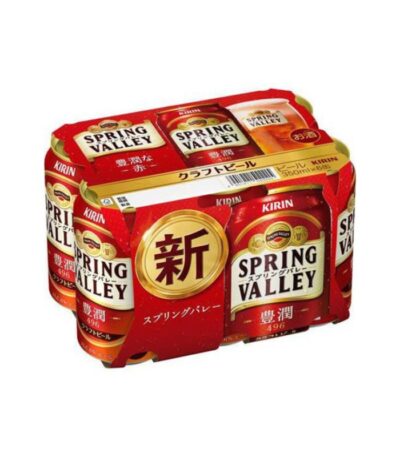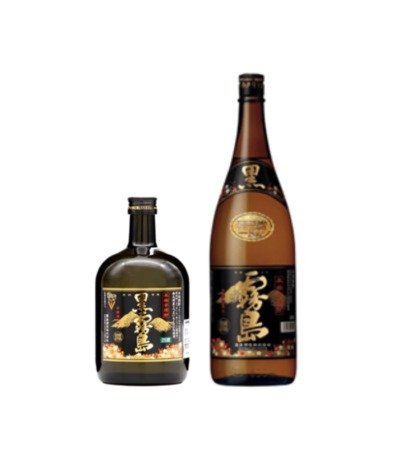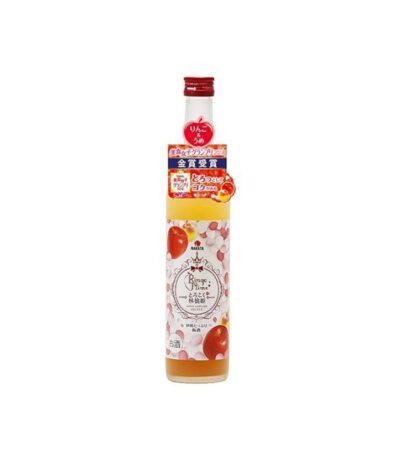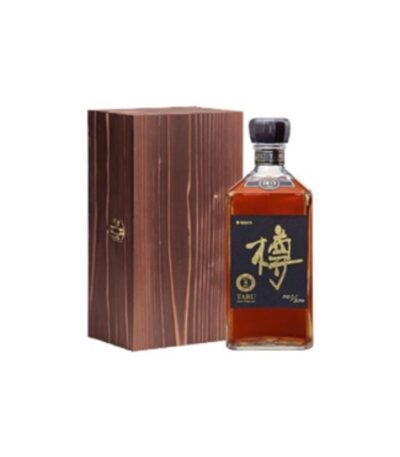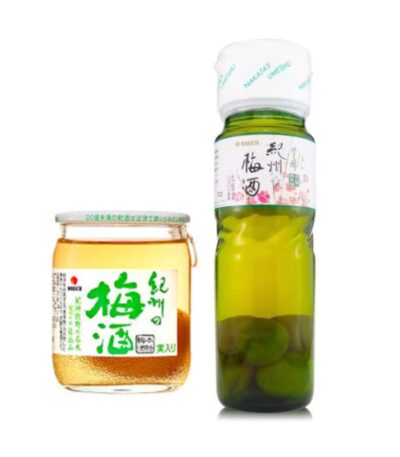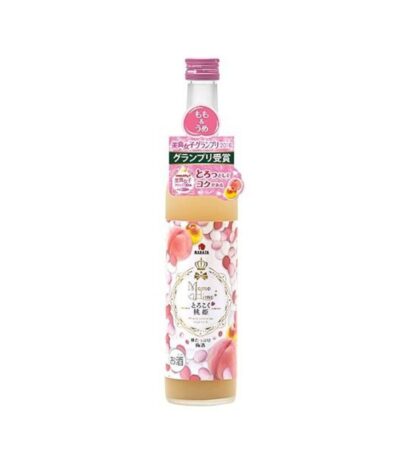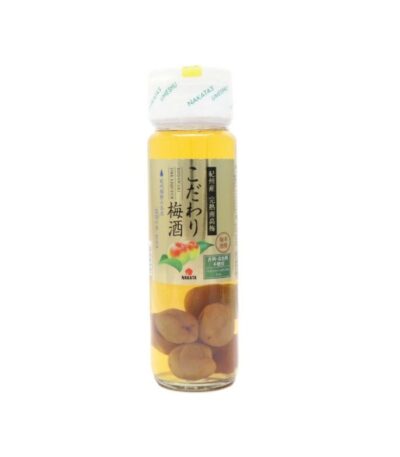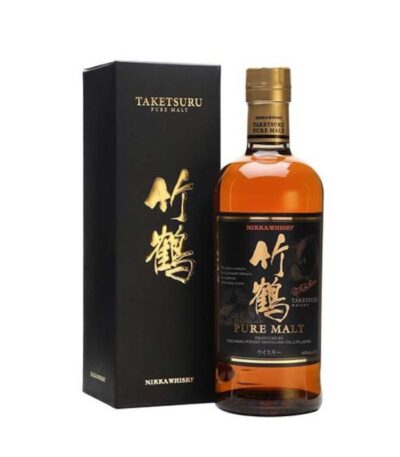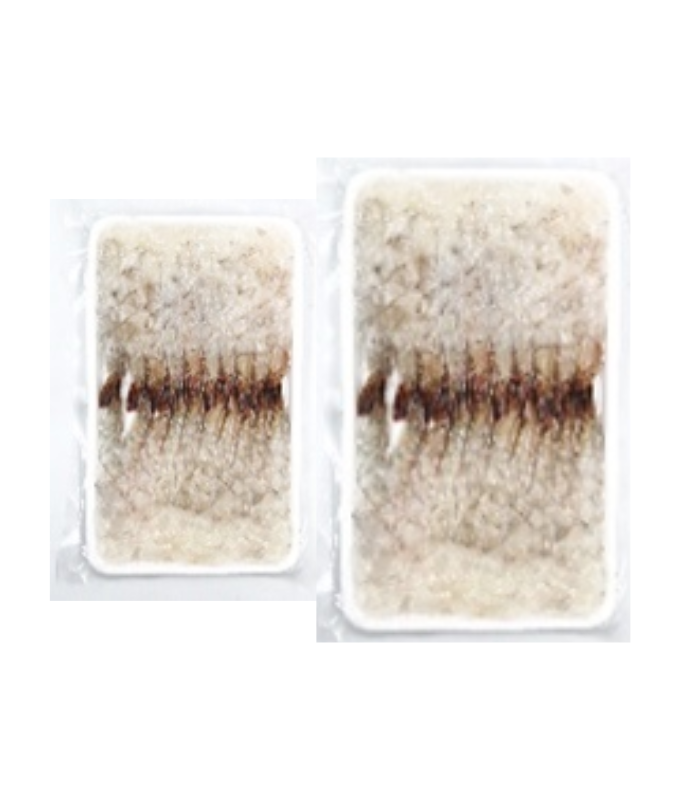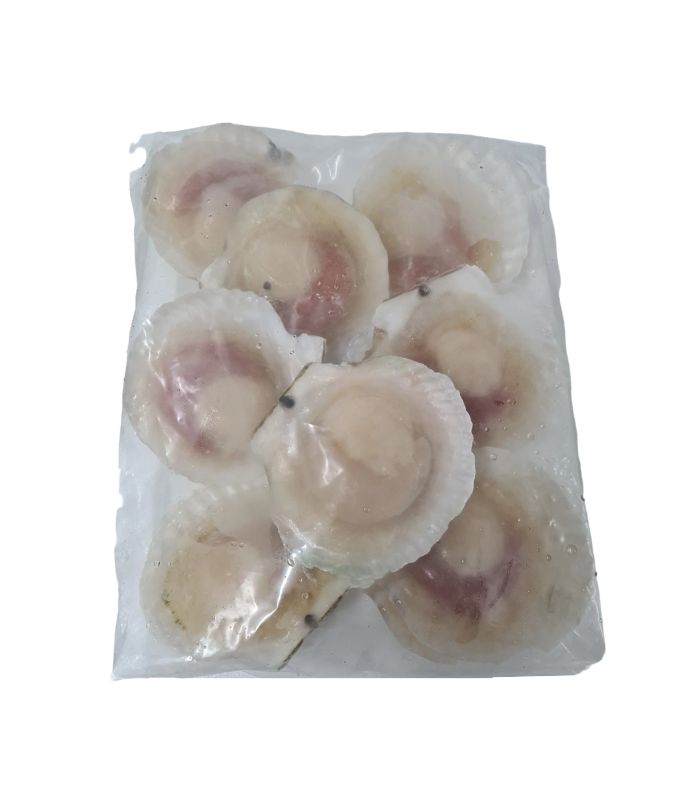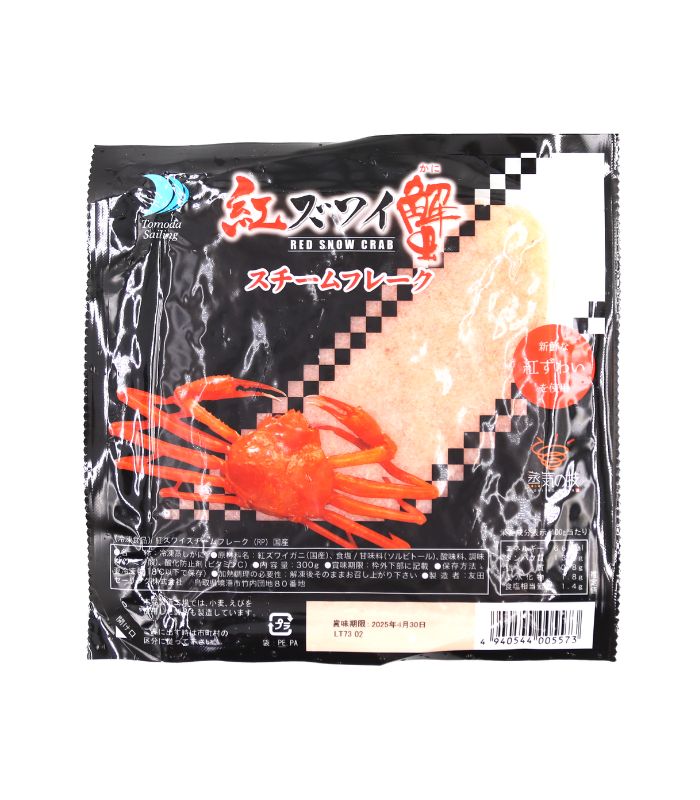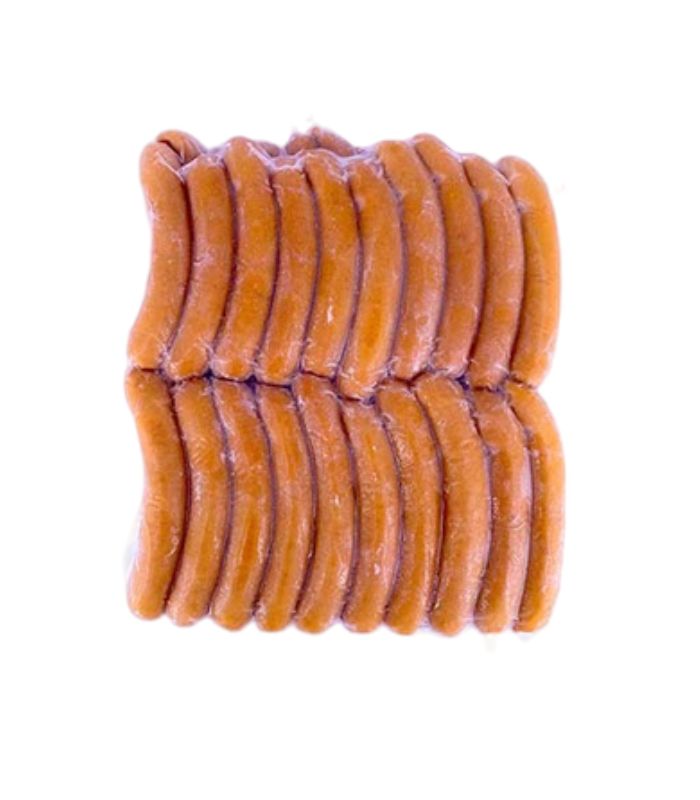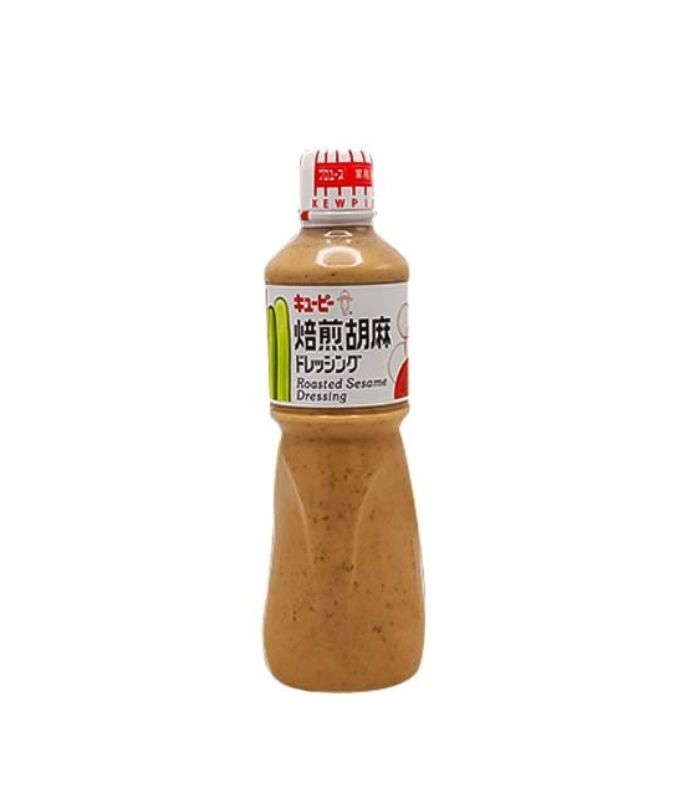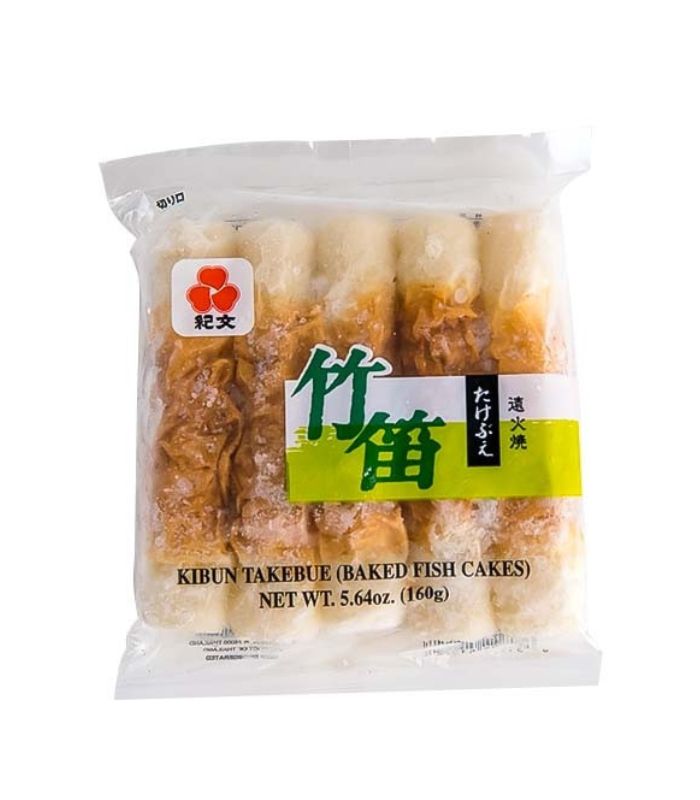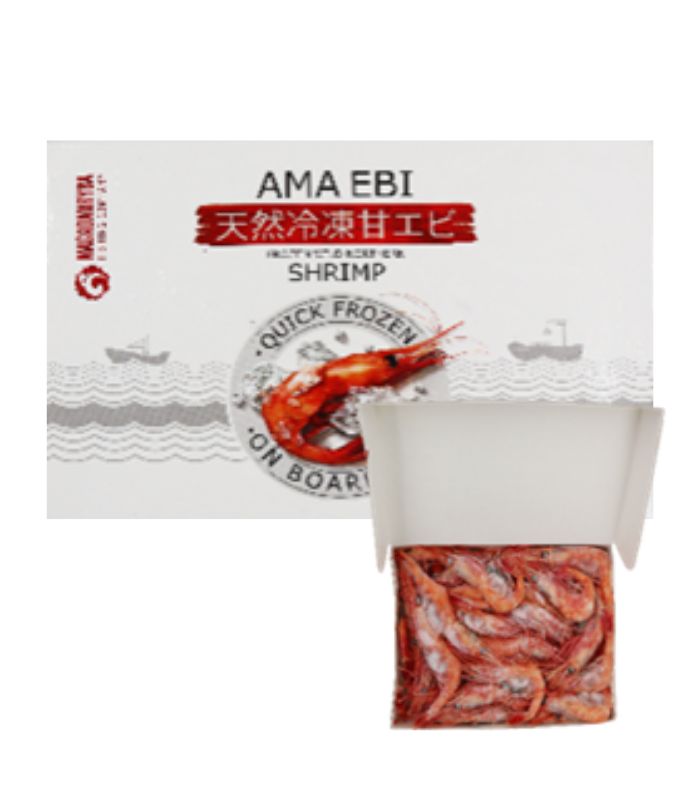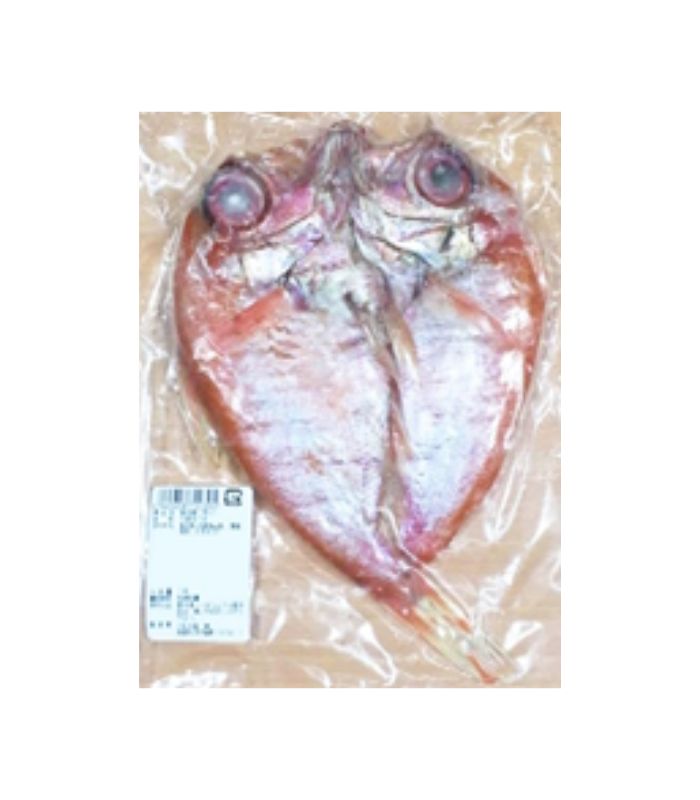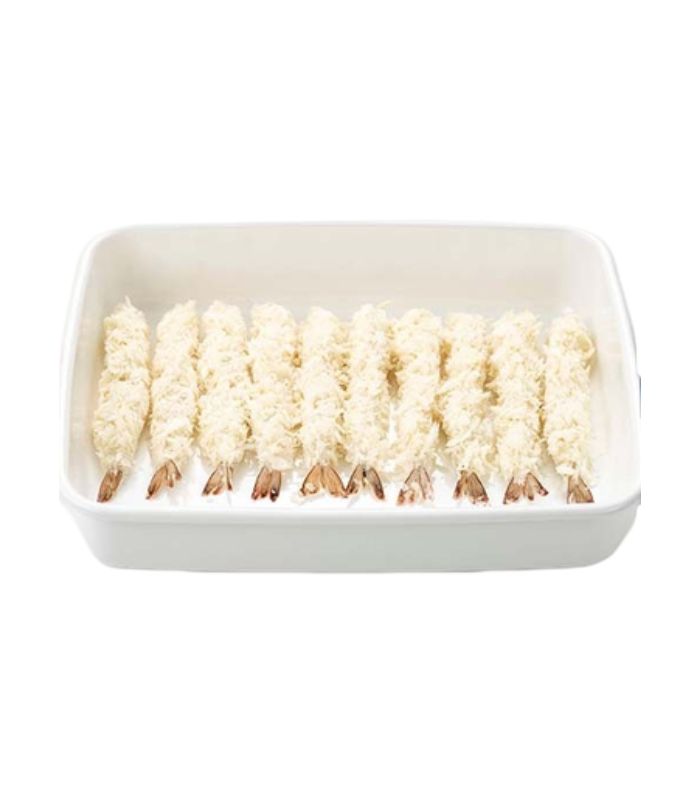Menu
Seafood
Seafood
Frozen Crab Butter Can
20,00$100gKanimiso is a traditional Japanese delicacy known as crab butter or crab paste, and it has a rich, creamy texture. Kanimiso is a versatile ingredient that can be used in a variety of dishes, from sushi rolls to pasta sauces. Not to be mistaken for crab meat in a can, this is crab 'brain' (the grey portion of the crab head that most Asians love) in a can. One of the unique qualities of Kanimiso is its umami flavor, which is often described as savory and meaty. This flavor comes from the crab eggs themselves, which are rich in amino acids and minerals. The texture of Kanimiso is also noteworthy, as it is smooth and velvety with a slightly sticky consistencyFrozen Ark Shell
32,50$30pcsAkagai, also known as Bloody clams are names as such because of the reddish water it releases when chefs pry them open. Arks shells are available all year round and are used in almost every Japanese omakase where possible. The shells mainly come from Korea and China but there are times when there are small batches from Japan. The Texture of the ark shell is very special as it is tender yet has a nice gentle crunch to it, it has a light and sweet shellfish flavor. This is a favorite amongst sushi lovers. Frozen Ark Shell is typically harvested from the ocean and immediately frozen to preserve its freshness and flavor. It can be cooked in a variety of ways, including grilling, frying, and boiling. It is also commonly eaten raw, either on its own or as part of a sushi roll or sashimi plateFrozen Botan Ebi
210,00$2KgDaily Need
Daily Needs
Deep fried Tofu
3,00$10pcInari Tofu Pockets, also known as Inari Sushi, is a popular Japanese dish made from seasoned sushi rice stuffed inside deep-fried tofu pockets. The tofu pockets are made from aburaage, a type of thin, deep-fried tofu that is commonly used in Japanese cuisine. To make Inari Tofu Pockets, the aburaage is first soaked in water and then simmered in a mixture of dashi, sugar, soy sauce, and mirin to season and soften the tofu. The tofu pockets are then stuffed with sushi rice that has been seasoned with rice vinegar, sugar, and salt. Inari Tofu Pockets are a vegetarian and gluten-free dish, making them a popular choice for those with dietary restrictions. They are also high in protein and fiber, making them a healthy and satisfying snack or meal option. Overall, Inari Tofu Pockets are a delicious and unique dish in Japanese cuisine that are enjoyed for their flavor and textureDried Sea Grapes
1,00$ – 9,00$Dried sea grapes, also known as Umibudo or green caviar, are a type of seaweed that is popular in many Asian countries, particularly in Japan, Korea, and Southeast Asia. The seaweed has small, bead-like bubbles that resemble caviar, hence the name. The seaweed is harvested from the ocean and then dried in the sun, which gives it a unique and flavorful taste. They have a slightly crunchy texture and a salty taste, which makes them perfect for adding to any dish that needs a bit of extra flavor. They are also rich in nutrients, such as calcium, iron, and vitamins A and C Header menu Beverages
Header menu Beverages
Seafood
Black Sugar Plum Wine
20,50$720mlUmesyu black sugar is a popular Japanese sweetener made from Okinawan brown sugar. It is a type of traditional Japanese sugar that is made by heating Okinawan sugarcane juice until it thickens and turns into a dark, caramel-like syrup. This process gives the sugar a deep, rich flavor that is both sweet and complex. This is another great product from the world most famous Umeshu distiller CHOYA, OSAKA JAPAN. You could enjoy drinking this on the rocks, as a desert or even top it on vanilla ice cream for the extra sweet & rich flavor. Its just like a heaven. Many people choose Umesyu black sugar over regular white sugar because it is considered to be more natural and less processed. It is also believed to have some health benefits, such as being rich in minerals and antioxidantsChoya Kishu Plum Wine
24,50$720mlCHOYA Umeshu Kishu Plum wine is a premium Japanese liqueur made from 100% Japanese plums that are harvested in the Kishu region. The plums are carefully selected and then steeped in high-quality shochu (a distilled spirit) and sweetened with sugar, resulting in a sweet and tart flavor profile. Famous for its plum liqueurs bottled with whole fruits, Choya offers a special version of its Umeshu made with the Kishu plums, the most precious of Japan. The name 'Umeshu' translates to "plum wine," and this liqueur has a rich amber color and a fragrant aroma of ripe plums and honey. It has a smooth and velvety texture on the palate, with flavors of sweet plum, almond, and a hint of spice. This plum wine can be enjoyed on its own as a dessert drink, or it can be mixed with soda water or used as a base for cocktails. It is also commonly served as an aperitif or digestif in Japanese cuisine, and pairs well with dishes such as sushi, sashimi, and grilled meats Header menu Ingredients
Header menu Ingredients
Seafood
Cooking rice wine
16,80$ – 39,60$2LSelect options This product has multiple variants. The options may be chosen on the product pageCooking Sake
12,00$1.8LDashi Pack
28,00$20pcDashi Pack is a type of Japanese cooking stock that is a key ingredient in many Japanese dishes, including soups, stews, and sauces, and is known for its rich umami flavor. Dashi Pack contained Dried bonito, dried horse mackerel, dried mackerel, salt, dried sardines, kelp, shiitake mushrooms / seasonings (amino acids, etc.), (partly contains mackerel) Dashi Pack is easy to use and is a convenient alternative to making dashi from scratch. Simply soak the pack in hot water for a few minutes to rehydrate the ingredients and extract the flavor, then strain and use the liquid in your recipe. There is no fluctuation of the soup stock, and the taste can be stabilized and the cost can be reduced as One pack of mixed dashi can make 7.2L of dashiDried Bread Crumbs
7,20$1KgPanko Dried Bread Crumbs are a type of Japanese breadcrumb that are commonly used in Japanese cuisine as a crispy coating for fried foods such as tonkatsu, tempura, and karaage. Panko is made from bread that has been processed and dried into small, flaky crumbs. Unlike traditional breadcrumbs, which are made from ground bread that has been crustless and compacted, panko is made from bread that has been baked using an electric current, resulting in a larger, irregular-shaped crumb that is lighter and airier than traditional breadcrumbs. Panko Dried Bread Crumbs have a crisp texture and absorb less oil than traditional breadcrumbs, resulting in a lighter and less greasy finished product. They are also larger and more jagged in shape, which helps them adhere better to the food and create a more textured and crunchy crust. In addition to their use as a coating for fried foods, Panko Dried Bread Crumbs can also be used as a topping for casseroles and gratins, or as a binder in meatballs and meatloaf. They are also a popular ingredient in fusion cuisine, where they are used to add texture and crunch to dishes like tacos, burgers, and sandwiches

